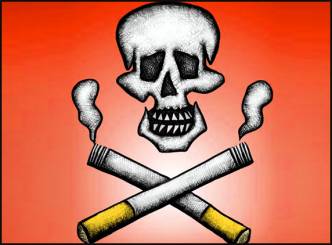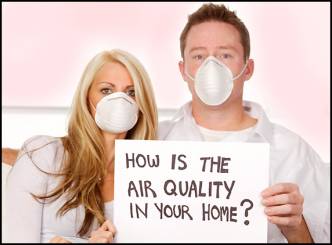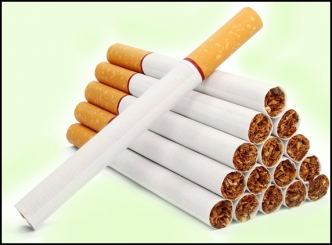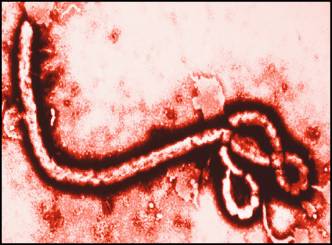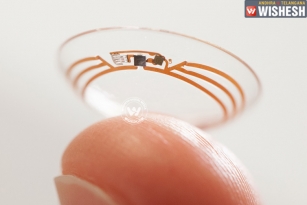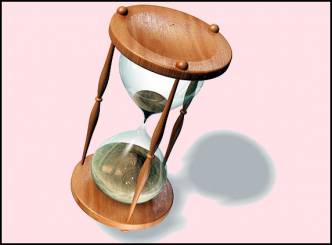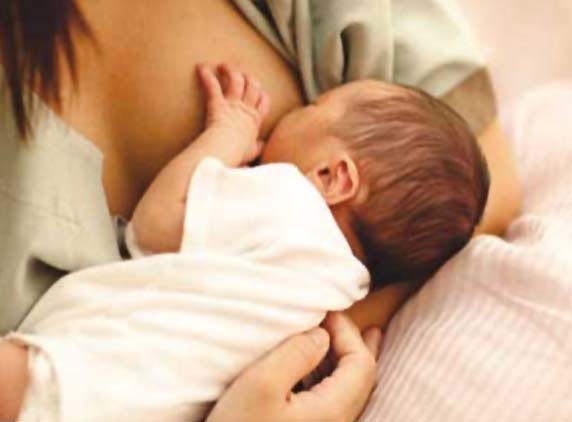
Kids who were breastfed as babies may have better lung function, and a lower risk of asthma, than those who were formula-fed, two new reports suggest.
Researchers said that past studies have found conflicting results when it comes to the effects of breastfeeding on kids' lungs, with some research suggesting that moms with asthma who breastfeed may be putting their kids at risk as well.
But the new research hints that's not the case, and that babies with asthmatic moms may get just as much benefit from breastfeeding, if not more, compared to those with asthma-free mothers.
"I think the evidence is that breastfeeding increases lung volume, independent of if the mother is asthmatic or not," said Dr. Wilfried Karmaus, who studies asthma at the University of South Carolina in Columbia and wasn't involved in the new work.
"If the lung volume is increased, then you are less susceptible to get asthma," he told Reuters Health. "It's important even to tell asthmatic mothers to breastfeed their children."
In one study, published Friday in the American Journal of Respiratory and Critical Care Medicine, about 1,500 UK kids were followed from their birth in the mid-1990s.
Families responded to surveys related to breastfeeding as well as secondhand smoke exposures and other known asthma risks starting when kids were babies. At age eight to 14, the kids came into the lab for a range of lung function and allergy tests.
Dr. Claudia Kuehni from the University of Bern, Switzerland and her colleagues found that the longer kids were breastfed, the better they performed on one test, measuring the speed of air coming out of the lungs.
On two other tests, which also assess how much air the lungs can hold, breastfeeding for four months or longer was linked to better scores only in kids whose moms had asthma.
The researchers reported that the better lung function did not seem to be related to a history of fewer childhood respiratory infections -- a known benefit of breastfeeding.
Kuehni's team said that the lung boost attributed to breastfeeding might not make a difference for a healthy kid, but on a wider scale, it could mean that breastfeeding would protect more kids from breathing problems.
One limitation of their study, the researchers noted, is that only about one-third of the kids they followed from birth and invited to do lung tests -- more than 4,000 in total -- actually participated, which could skew the results if certain types of kids were more likely to come in than others.
In the other study, from New Zealand, a second group of researchers also followed babies from birth, but instead of testing lung function they asked parents of six-year-olds if their kids had ever been diagnosed with asthma or had used an inhaler or wheezed in the last year.
With data on more than 1,000 kids, including about 200 with asthma at their last visit, a team led by Karen Silvers found that each month of exclusive breastfeeding (without any formula mixed in) was tied to a nine-percent drop in asthma risk.
Silvers, from the University of Otago in Christchurch, and her colleagues reported their findings Sunday in the Journal of Pediatrics.
Karmaus said that researchers have questioned whether breast milk might carry immune cells related to allergies and asthma from mother to baby, putting infants of asthmatic moms at risk of breathing problems -- and that some concerned mothers with asthma may avoid breastfeeding as a result.
But the new findings suggest they shouldn't worry, he said.
He hypothesized that babies' suckling during breastfeeding may strengthen their lungs and help protect them against asthma later -- but that hasn't been proven.
The World Health Organization recommends breastfeeding exclusively for the first six months of life, continued for two years or longer.
Dr. Theresa Guilbert, a pediatric pulmonologist from the University of Wisconsin School of Medicine and Public Health in Madison, said that despite the new findings, it's still "controversial" whether or not asthmatic moms pass on any risk to their babies by breastfeeding.
None of the studies that have been done can prove cause-and-effect one way or the other, she said, and conflicting results might be due to different samples of moms, from areas with different diets and environmental exposures.
"There's a lot of things that breastfeeding is very, very good for," Guilbert, who wasn't involved in the new research, told Reuters Health. "I think the jury's still out on the risk of breastfeeding from mothers that are asthmatic."
But, she concluded, "I don't think any of that (evidence) is now strong enough to tell moms they should stop breastfeeding... because of all the other important benefits that breastfeeding conveys to the child."



